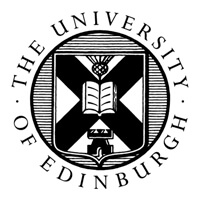fees waived
Electronics and Electrical Engineering, BEng (Hons)
The University of Edinburgh, United Kingdom
Ranking in UK
Engineering: Electronic and Electrical
Engineering - Electrical and Electronic
Engineering
Costs
food & rent S$16.9k / year
Entry requirements
Scholarships
Limited quantity
Information
Code
Intakes
Website (External)
Programmes
Information
Duration
2030
Electronic and electrical systems are fundamental to modern technologies, from smartphone processors to wind turbine power electronics. Electronics focuses on circuits and devices handling small currents and voltages for sensing, transducing, and processing data signals in digital or analogue forms. Electrical engineering deals with larger currents and voltages for power generation and transmission. An Electronics and Electrical Engineering (EEE) degree covers both areas, allowing specialisation in later years through themes such as electrical power, digital and analogue electronics, microelectronics, electromagnetics and photonics, bioelectronics, and sensor networks with data analysis.This programme emphasises a strong grasp of physics, blending theoretical studies, computation, simulation, and practical experimentation to foster independent and collaborative problem-solving. Influenced by an Industrial Liaison Board of senior industry representatives, it offers research-led teaching, strong industry ties (especially in microelectronics), excellent career prospects, internships, and accredited qualifications from the Institution of Engineering and Technology. Students access state-of-the-art labs and a supportive community, including clubs for extra-curricular projects, amid Edinburgh's vibrant network of related companies.
A local representative of The University of Edinburgh in Singapore is available online to assist you with enquiries about this course.

